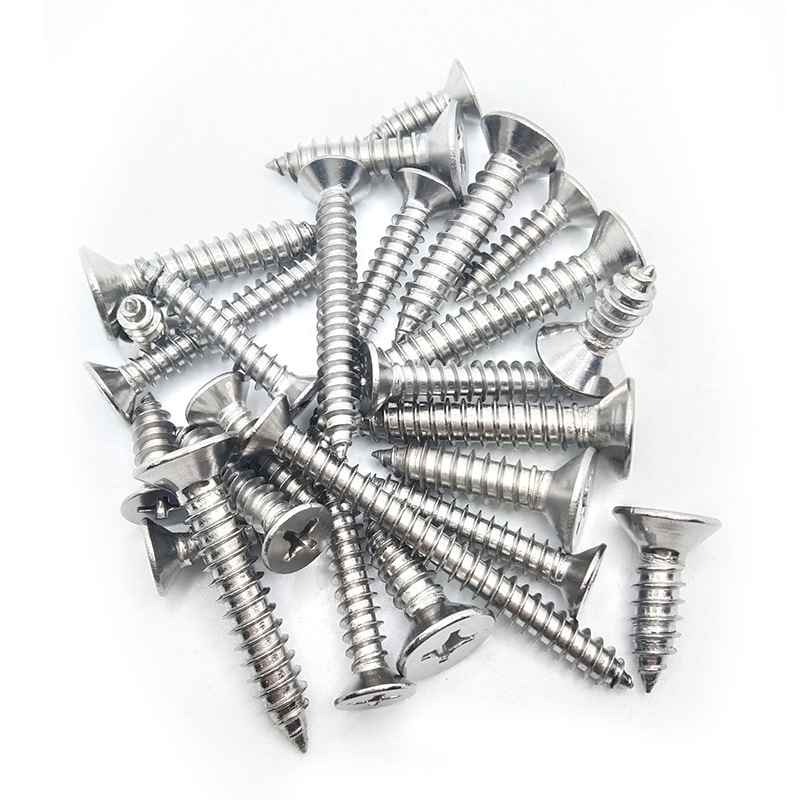

self tapping drywall screws for metal studs
Nov . 15, 2024 09:00 Back to list
self tapping drywall screws for metal studs
Self-Tapping Drywall Screws for Metal Studs A Comprehensive Guide
When it comes to constructing interior walls, particularly in commercial properties or modern homes, metal studs have become increasingly popular due to their durability and resistance to pests and fire. However, one of the critical considerations in such constructions is the type of fasteners used to attach drywall to these metal studs. Self-tapping drywall screws specifically designed for metal studs have emerged as the go-to solution for contractors and DIY enthusiasts alike.
Self-tapping drywall screws are engineered to penetrate metal without the need for pre-drilling, which saves time and effort. Their unique design features a sharp point and coarse threads that enable them to easily penetrate the metal stud, creating a secure hold. This is particularly important in applications where precision and efficiency are essential.
One of the primary benefits of using self-tapping screws is their ability to provide a strong grip in metal materials. Unlike traditional drywall screws, which may strip the metal, self-tapping screws create their own pilot hole as they are driven in, thus minimizing the risk of damaging the studs. This is vital in ensuring that the drywall remains securely fastened, preventing sagging or detachment over time.
self tapping drywall screws for metal studs

When selecting self-tapping drywall screws for metal studs, it’s important to consider the length and gauge. Typically, screws range from 1 inch to 2.5 inches in length, depending on the thickness of the drywall being used. A 10 gauge screw is commonly recommended for drywall applications because it offers a sturdy hold without being overly cumbersome.
Installation of self-tapping drywall screws is straightforward. Using a power drill with a clutch setting can help regulate the driving speed, preventing over-tightening, which can lead to drywall damage. It’s advisable to drive screws at intervals of 12-16 inches along the edges and in the field of the drywall to ensure even distribution and stability.
Another key advantage of self-tapping screws is their corrosion resistance, especially the ones coated with zinc or other protective finishes. This makes them suitable for various environments, including areas prone to moisture. Additionally, these screws are available in different colors and finishes, allowing for a seamless aesthetic integration in visible installations.
In conclusion, self-tapping drywall screws for metal studs are essential components in modern construction. Their time-saving installation, robust grip, and corrosion resistance make them ideal for both professionals and hobbyists. As the trend towards metal framing continues to grow, understanding the advantages and proper use of self-tapping screws will lead to successful and durable drywall installations. Whether you’re renovating a room or building a new structure, investing in the right fasteners is crucial for achieving a polished and long-lasting finish.
Latest news
-
Hot Dip Galvanized Bolts-About LongZe|High Strength, Corrosion Resistance
NewsJul.30,2025
-
High-Strength Hot Dip Galvanized Bolts - Hebei Longze | Corrosion Resistance, Customization
NewsJul.30,2025
-
Hot Dip Galvanized Bolts-Hebei Longze|Corrosion Resistance&High Strength
NewsJul.30,2025
-
High-Strength Hot-Dip Galvanized Bolts-Hebei Longze|Corrosion Resistance&High Strength
NewsJul.30,2025
-
Hot Dip Galvanized Bolts-Hebei Longze|Corrosion Resistance&High Strength
NewsJul.30,2025
-
Hot Dip Galvanized Bolts - Hebei Longze | Corrosion Resistance, High Strength
NewsJul.30,2025

